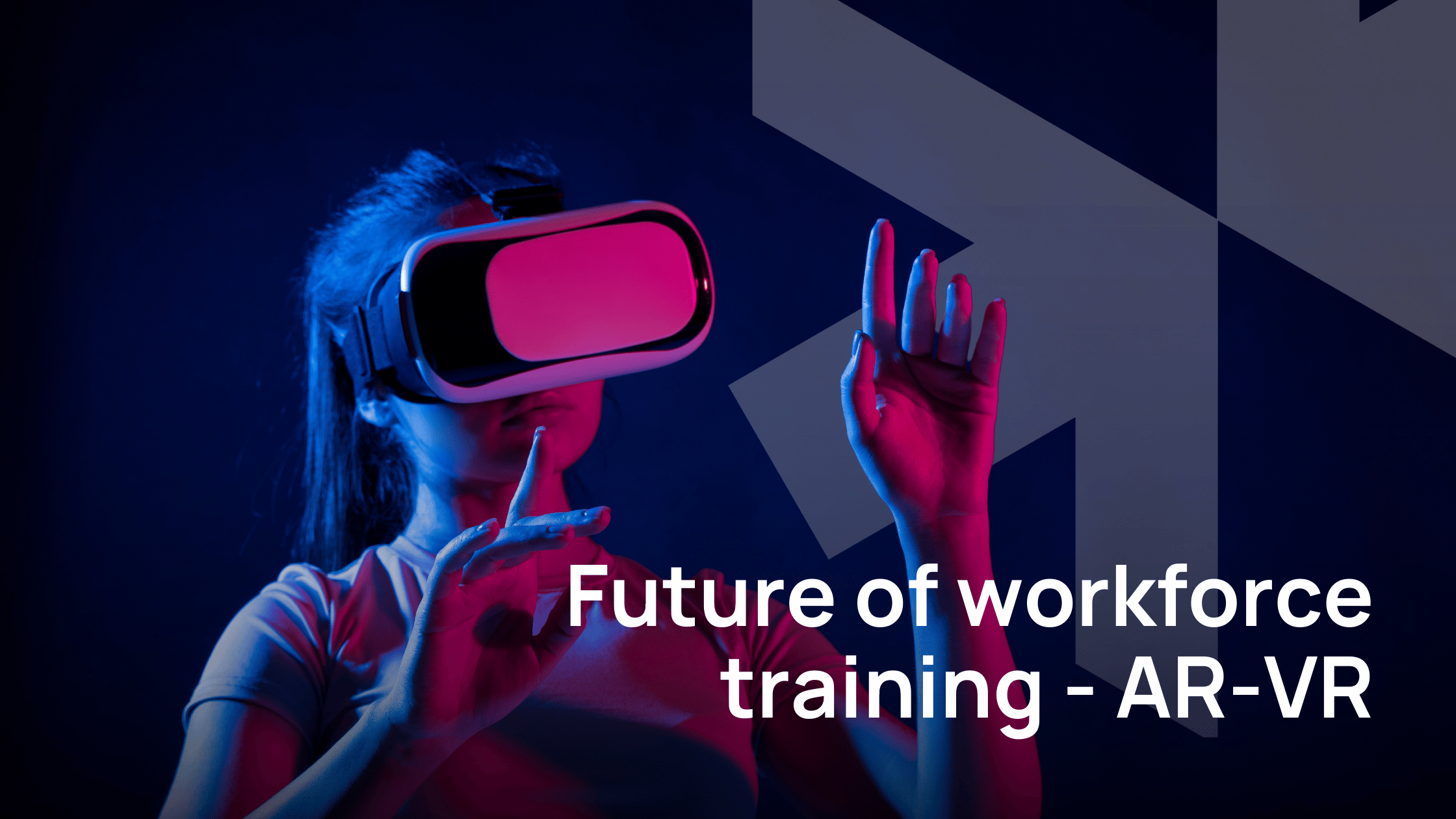With Mckinsey’s marking Robotic Process Automation(RPA) as the next big thing in the market with expected potential economic growth of nearly $6.7 trillion by 2025, Every enterprise is looking at it in very positive manner. Given the stats its very obvious that the growth of RPA is taking great shape with the potential to free up large numbers of FTEs to take more challenging and proactive management positions.
RPA technology also has the potential to revolutionize the way we work – particularly for professionals in areas such as payroll, O2C, P2P etc. Having said that, there are also great amount speculations connected to RPA and its future. To understand the same let’s look at its history and evaluation, where exactly we stand in present.
History
By bringing in many technologies in one roof – RPA is an umbrella toolkit to be used for tasks that can be automated or are repetitive in nature. Going back to history, this innovation came out from the term ‘Machine Learning’ coined in 1959 which aimed at creating Artificial Intelligence at that time. Further to this as development progressed to workflow automation and furthermore to RPA
Need for RPA
RPA was developed to its current status basically for two main reasons
A solution for BPO automation –BPOs need to consistently deliver annual saving to its customers and reduce costs, RPA served as boon to them and BPOs were 1st ones to implement the same
Web or Screen Scrapping – In the 90s data extraction was one of the most repetitive manual tasks and Screen Scraping Softwares (early stage of RPA) were created to extract data. Soon multiple sectors such as logistics, financial services, etc started using Screen scrapping widely.
Present Day of RPA
From its diverse beginning, today RPA continues to grow multifold in the large range of applications. RPA is emerging technology today but is already driving automation, globally.
It is best at automating repetitive tasks like matching, aggregating updating, capturing task which are rapidly shifting to RPA from humans. RPA is now spreading its boundaries and with proper integration, with ML and AI it can perform the intelligent and analytical tasks that were totally human dependent earlier.
Future of RPA
As more and more enterprises are becoming aware of RPA, its benefits, and moving on to implement it. RPA is no more multinational enterprise’s game. Many Mid or small businesses are also moving to RPA.
With variety business sectors and industries looking positively toward its implementation, RPA is set to play significant role in sectors like BFSI, Insurance, Manufacturing, Oil and Gas etc. While many organisations are exprimenting RPA will soon be seen being used in integration with many other workflow related to tools.
Thinking of RPA, Think of Crafsol,
Crafsol’s Robotic Process Automation Services are designed to enable enterprises integrate RPA with technologies like artificial intelligence, machine learning, and knowledge based systems to drive enterprise-wide transformation. Get touch with our experts if you are thinking of RPA implementation.







